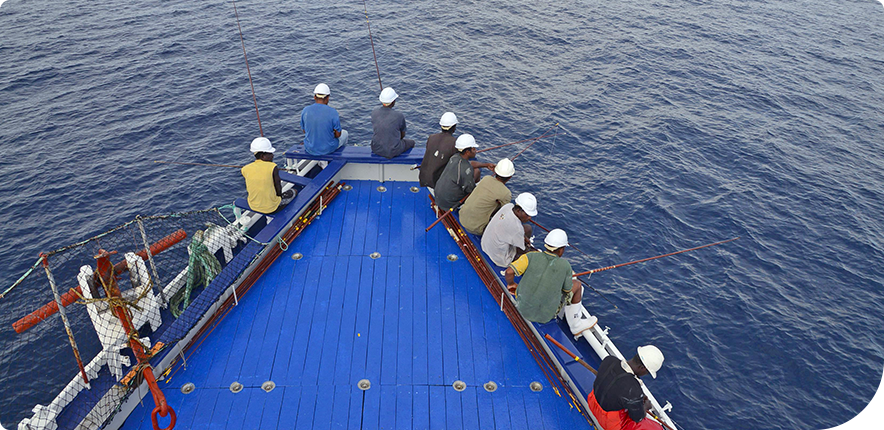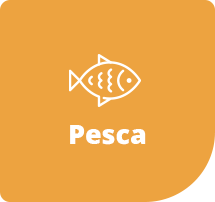Obiettivi
Approvvigionarci solo da stock sani e supportare la salute degli oceani
La sostenibilità del tonno è un argomento complesso che può essere affrontato solo con un approccio scientifico, globale e di sistema. Per questo motivo, scegliamo di approvvigionarci solo da filiere gestite in modo responsabile con la partecipazione di tutti i soggetti coinvolti: aziende, pescatori e istituzioni.

